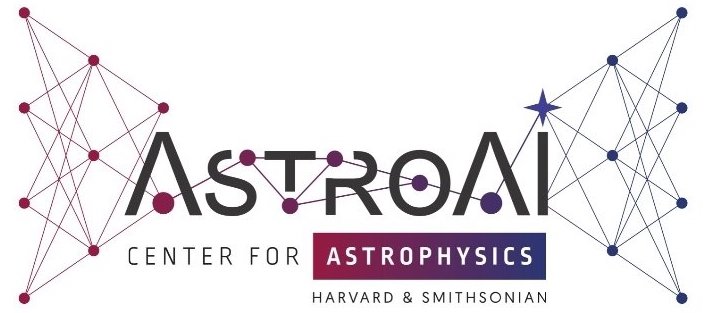AstroAI Lunch Talks - June 9, 2025 - Javier Roulet
09 Jun 2025 - Joshua Wing
The video can be found here: https://www.youtube.com/watch?v=MIir7pdsrBQ
Speaker: Javier Roulet (California Institute of Technology)
Title: Equivariant learning for simulation-based gravitational wave inference
Abstract: Over the last decade, the LIGO and Virgo interferometers have detected gravitational waves from about a hundred compact object mergers, a number that will double in the next months with releases from their fourth observing run. These detections have revolutionized astrophysics, among other achievements identifying the kilonova explosion from a binary neutron star merger and constraining the formation mechanisms of compact binaries.
Such discoveries require robust and efficient inference algorithms, for which machine learning is being increasingly used with varying degrees of success. Gravitational wave inference is challenging for machine-learning methods due to the large variety of shapes that signals can take. I will discuss how this diversity is largely accounted for by approximate symmetries in the signal model, where variations in the system parameters induce predictable amplitude and phase modulations in the gravitational wave. We construct an approximately invariant representation under this symmetry group, by normalizing the observed data against a reference waveform and the inferred parameters against a semi-analytical prediction. This compression reduces the variability of the data and simplifies the geometry of the likelihood, improving the training efficiency, performance, and interpretability of a simulation-based inference model. The resulting method is 3-4 orders of magnitude faster than classic likelihood-based algorithms; I will suggest possible applications for gravitational wave detection that exploit this tremendous speedup.
